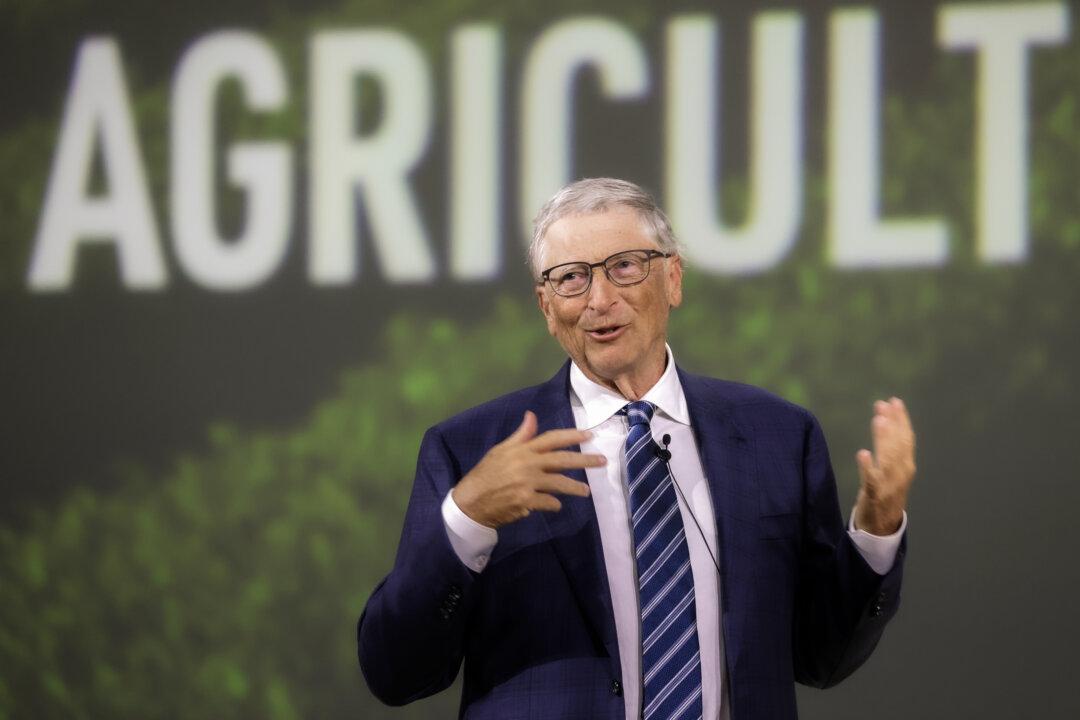Microsoft co-founder Bill Gates has shared his predictions for next year, including how artificial intelligence could transform modern medicine and how the 2024 elections could serve as an important “turning point” for both health and climate.
The tech billionaire shared his predictions for 2024 in a blog post published on Dec. 19, in which he noted that 2023 was the first time he had used “artificial intelligence for work and other serious reasons,” and “not just to mess around and create parody song lyrics for my friends.”




